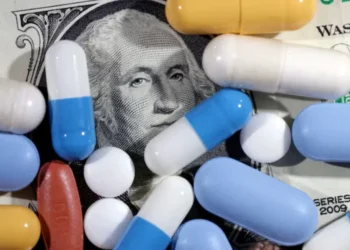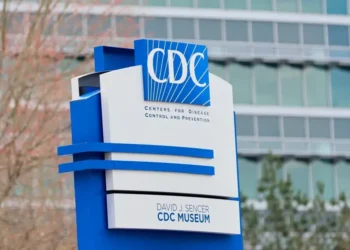Why Coffee Could Be Good for Your Health
For decades, coffee was associated with increased health risks. However, research over the past ten years suggests that drinking coffee may actually offer health benefits.
Changing Perceptions About Coffee
Caffeine is the world’s most widely consumed psychoactive substance, and coffee, a natural source of caffeine, has been a staple in human diets for centuries. Historically, coffee was viewed negatively, with studies from the 1980s and 1990s linking it to an increased risk of cardiovascular disease. According to Marc Gunter, a professor of cancer epidemiology at Imperial College London, “Research has evolved, and we now have data from hundreds of thousands of coffee drinkers.”
Coffee and Cancer Risk
Concerns about coffee causing cancer stem from its acrylamide content—a carcinogen also found in toast and chips. However, the International Agency for Research on Cancer (IARC) concluded in 2016 that coffee is not carcinogenic unless consumed at extremely high temperatures (above 65°C or 149°F). A 2023 review supported this conclusion, finding no strong evidence linking acrylamide in coffee to cancer risk.
Potential Health Benefits of Coffee
Recent studies highlight coffee’s potential protective effects. For example, research by Gunter in 2017 examined the coffee-drinking habits of 500,000 Europeans over 16 years. Findings revealed that higher coffee consumption correlated with a reduced risk of heart disease, stroke, and cancer. Similar results have been observed in the US and UK.
Interestingly, coffee’s benefits appear to transcend caffeine. Studies show that both caffeinated and decaffeinated coffee contain antioxidants and are associated with lower disease rates.
Understanding the Evidence
While observational studies suggest significant health benefits, they cannot prove cause and effect. As Peter Rogers, a researcher at the University of Bristol, points out, coffee drinkers might naturally have better health profiles despite less healthy lifestyles. Population studies cannot fully isolate coffee’s effects from other variables.
Coffee and Pregnancy
Advice around coffee consumption during pregnancy remains mixed. A 2022 review linked coffee to an increased risk of miscarriage, but researchers noted confounding factors like smoking. The Food Standards Agency recommends limiting coffee to one to two cups daily during pregnancy, while some experts suggest avoiding it entirely. Economist Emily Oster emphasizes the lack of randomized data to draw definitive conclusions.
Caffeine’s Cognitive Effects
Caffeine, a psychoactive drug, affects the brain and nervous system. While regular coffee drinkers may no longer experience a cognitive boost due to tolerance, non-regular drinkers can use caffeine to enhance focus. Dependency is common but mild, with withdrawal symptoms like fatigue and headaches typically lasting a few days.
Brewing and Health
Does the brewing method matter? Research indicates that health benefits are consistent across coffee types. However, ground coffee’s bioactive compounds, such as polyphenols, might confer stronger benefits compared to instant or decaf varieties.
A 2021 study linked all coffee types to reduced chronic liver disease risk, and a 2022 study found that decaf coffee was associated with the strongest reduction in cardiovascular disease risk and overall mortality.
Conclusion
Current evidence suggests that moderate coffee consumption—up to four cups per day—is unlikely to harm health and may even offer protective benefits. “If anything, it’s the opposite,” says Gunter. As with anything, moderation is key.
This article was rewritten by JournosNews.com based on verified reporting from trusted sources. The content has been independently reviewed, fact-checked, and edited for accuracy, neutrality, tone, and global readability in accordance with Google News and AdSense standards.
All opinions, quotes, or statements from contributors, experts, or sourced organizations do not necessarily reflect the views of JournosNews.com. JournosNews.com maintains full editorial independence from any external funders, sponsors, or organizations.
Stay informed with JournosNews.com — your trusted source for verified global reporting and in-depth analysis. Follow us on Google News, BlueSky, and X for real-time updates.














